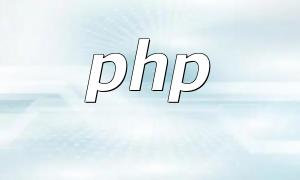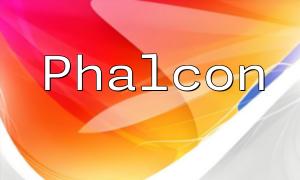When choosing a PHP framework, the ecosystem and third-party support are crucial factors that influence the long-term success of a project. Slim and Phalcon, two frameworks with very different philosophies, each offer unique ecosystems and extensibility options.
Slim is a lightweight micro-framework known for its simplicity, flexibility, and performance. It gives developers a high degree of freedom, making it ideal for building APIs, microservices, or small to medium-sized applications.
Phalcon, on the other hand, is a full-stack framework with a wide range of built-in components, including ORM, template engine, caching, and routing systems. Implemented as a C extension, it delivers exceptional performance and is well-suited for large-scale, high-performance applications.
The Slim ecosystem is relatively smaller, but the community is very active, contributing numerous plugins and third-party libraries. Phalcon’s ecosystem is broader, featuring more modules and community-driven resources that help developers integrate advanced features with ease.
Slim Framework
Phalcon Framework
Slim Example
use Psr\Http\Message\ResponseInterface;
use Psr\Http\Message\ServerRequestInterface;
function index(ServerRequestInterface $request, ResponseInterface $response): ResponseInterface {
$response->getBody()->write('Hello World!');
return $response;
}Phalcon Example
use Phalcon\Mvc\Controller;
class WelcomeController extends Controller {
public function indexAction() {
return $this->view->render('index', ['message' => 'Hello World!']);
}
}Both Slim and Phalcon are outstanding PHP frameworks, each with its own strengths and trade-offs. Slim focuses on flexibility and simplicity, making it a great choice for developers who need to build applications quickly. Phalcon, with its built-in power and exceptional speed, excels in large-scale and enterprise-level environments. The ultimate choice depends on your project’s goals and technical preferences.









